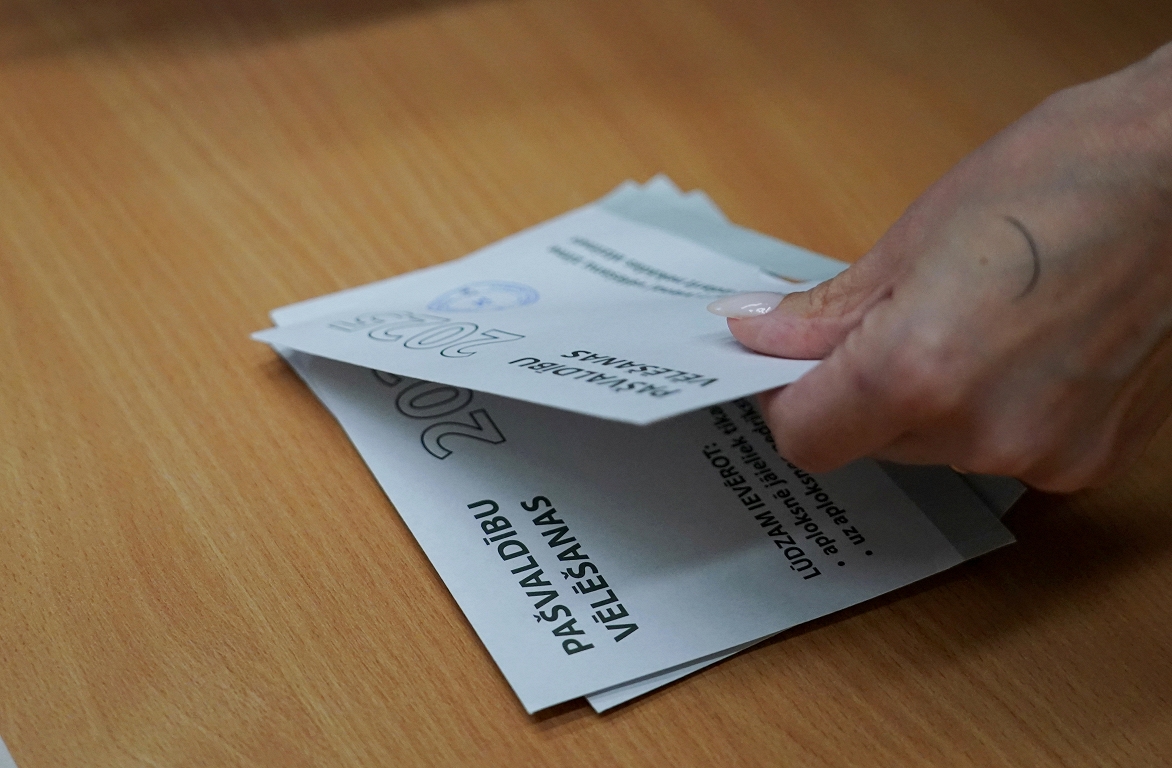Column | Never name tax avoidance again ‘smart’
:format(jpeg):fill(f8f8f8,true)/s3/static.nrc.nl/wp-content/uploads/2022/08/daemen-josette-20220604-1280.png)
In the coming decades, the baby boomers in our country will transfer a sloppy 955 billion euros to their heirs, and News hour made an item about it. The part of the inheritances that the government knows how to collect as a tax, economist Mathijs Bouwman has been declining for years and that is mainly due to increasing tax avoidance. « So people have just become smarter to find a smart way with the help of Notarissen to pay less tax, » concluded presenter Mariëlle Tweebeeke Monter.
Now I always think it’s bland to get someone on one word, but since she used the same word twice, I want to think about it. « Slim » Tweebeeke called the constructions for optimum tax avoidance. ‘Smart’ she found the fortunate seniors who, with such artificial hits, ensure that as much as possible goes to their own offspring as possible, and as little as possible to the pot for the public good.
It was not the first time that I heard someone who heard qualification for people who pursue financial benefits by dealing with rules. A girlfriend once called it ‘smart’ that her parents had instructed her studying brother to register at the municipality at the address of their office building, so that the student living at home nevertheless received student finance for resident. An acquaintance found it ‘smart’ how his mother paid him his pocket money every month: he was on the payroll of her company with a small ‘salary’, so that she did not pay any profit tax on that amount. During my student days I met several peers who, whether or not on the advice of their parents, to the maximum in addition to government, to invest that money against a return that crosses the duo interest. Smart, right? Why shouldn’t you do it?
Well, nice that you ask: in A recently published study Scientists from, among others, the University of Amsterdam, among others, investigated why people adhere to rules such as that they do not bring anything. Two factors are most important: a deep -rooted respect for the rules, and sensitivity to social expectations.
What about that deeply felt respect for rules with tax -avoiding boomers and all those who ever told me so proudly about their financial tricks? Undoubtedly, some of those people would argue that there is a distinction between cases prohibited by law and cases that are not prohibited by law; that half of the examples I mentioned fall in one category and half to the other; that they themselves always ensure that they remain exactly on the right side of the line; That in that sense they have a lot of respect for the rules – but I find that too easy.
To really respect a rule, it seems to me, you should not only comply with the letter but also the spirit of the law. Student finance is a means in the mind to help young people pay for their study time, not an investment pot. Inheritance tax rules are there to raise money for all the things that we believe that everyone should be able to use – education, care, infrastructure – in such a way that the strongest shoulders bear the toughest loads. It is not in the spirit of those rules when those with the strongest shoulders do all kinds of complicated tricks to contribute as little as possible, and thereby treat themselves or their families to an extra financial lead over the rest.
But in the Netherlands we call something like that ‘smart’-and that brings me to the second factor that, according to the UVA research, determines whether people obey rules: social expectations. As long as people who avoid maximum taxes or their student finance can not count on social disapproval but on compliments about their excellent ingenuity, we should not be surprised if the state is able to collect less and less money for public good.
As far as I am concerned, from now on we simply call such cleverness what she really is: immoral.
Josette Daemen is a political philosopher at the Institute for Public Administration of Leiden University.

/s3/static.nrc.nl/images/gn4/stripped/data133372051-267d68.jpg|https://images.nrc.nl/0bsgpB5XiAI8ebNfWWSi4LLYU0k=/1920x/filters:no_upscale()/s3/static.nrc.nl/images/gn4/stripped/data133372051-267d68.jpg|https://images.nrc.nl/baUmKbJDqAIQAskn2-jIhwqGa4w=/5760x/filters:no_upscale()/s3/static.nrc.nl/images/gn4/stripped/data133372051-267d68.jpg)
/s3/static.nrc.nl/wp-content/uploads/2025/06/07205024/APTOPIX-French-Open-Tennis_68340020.jpg)
/s3/static.nrc.nl/wp-content/uploads/2025/06/07171846/web-0706nws_ozempic-nieuw.jpg)




